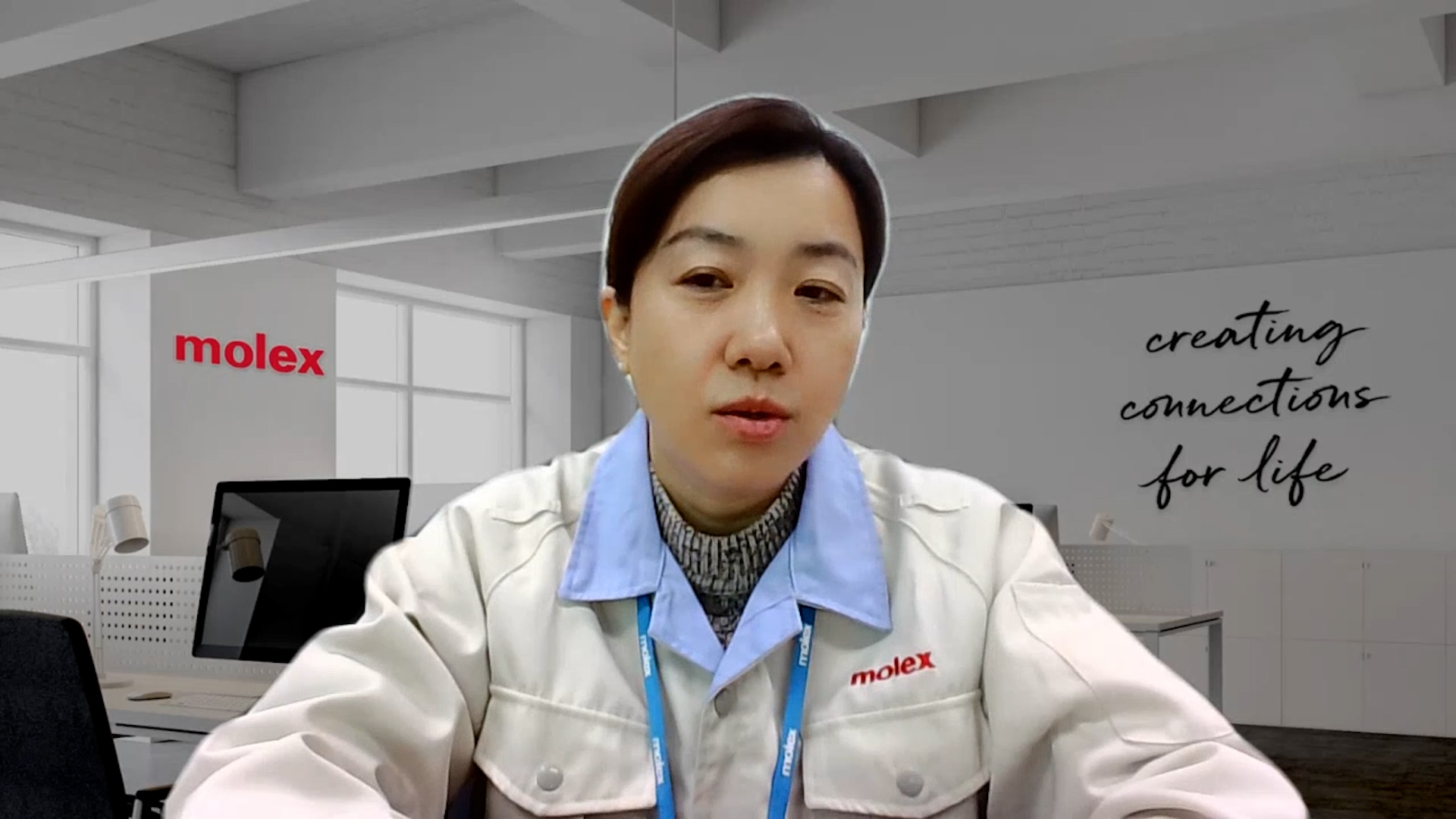Principle in Brief
In 1776, Scottish economist and philosopher Adam Smith observed that people in a civilized society always require the cooperation and assistance of others. We obtain what we need by providing others with what they want. This simple idea, which today we call mutually beneficial exchange, when widely practiced, has lifted much of the world’s population out of poverty and subsistence.
Mutual benefit is foundational to the role of business in society and Koch’s Vision. We seek to understand the needs of our constituencies, starting with providing products and services our customers value more than their alternatives. When we do this while consuming fewer resources, our profit is a result of benefiting our customers and society.
Some people believe that exchange is zero-sum — for one side to win, the other side must lose. This can be the case — such as when one party benefits at the expense of the other party through involuntary extraction. Whether legal (government bailouts, subsidies, mandates and tariffs) or illegal (fraud and theft), these win-lose approaches are always harmful to society.
Exchange is a positive-sum endeavor when it is voluntary and mutually beneficial. Both parties cooperate to get more of what they value and will only transact if both believe it will make them better off. This win-win approach respects each party’s right to choose whether or not to transact. It is the only way to ensure value and good profit are created.
When companies are allowed to profit through extraction and exploitation, they avoid the constructive competitive pressure to innovate and create value for others. When companies can only profit through voluntary cooperation, they have a strong incentive to innovate and anticipate ways of satisfying customers.
At Koch we strive to apply a win-win philosophy in all we do. That is why we pursue mutually beneficial relationships with all core constituencies — employees, customers, suppliers, partners, communities and governments. We seek to understand what they value and then cooperate with them to achieve mutually beneficial outcomes. Trust is the foundation for such relationships.
Contribution-motivated employees are essential to applying a philosophy of mutual benefit. They are collaborative, build trusted relationships and make those they work with better.
Understand It Better
Videos to Explore
Examples
Part of applying mutual benefit is looking for win-win situations and avoiding win-lose situations.
- Customer Relationships
- Employee Relationships
- Supplier Relationships
Win-Win
“One of our customers asked if we could deliver a few weeks earlier than the contract specifies. It would help them to meet some project deadlines. I told them to give me a couple of days to figure out what that would mean for us and get back to them.”
Win-Lose
“One of our customers asked if we could deliver a few weeks earlier than the contract specifics. I told them, “A contract is a contract,” so they’d just have to live with the deal they made.”
Win-Win
“Carla told me she’s feeling less motivated in her job and wants to explore new opportunities. I encouraged her to explore other roles at Koch and offered to help her expand her network to learn more about what jobs might be a good fit. I’m hopeful we can find a role where she contributes to Koch and is fulfilled.”
Win-Lose
“Carla told me she’s not feeling fulfilled in her job. I told her it’s a ‘job’ not a ‘fun,’ and she should be more grateful for the opportunity she has here.”
Win-Win
“I think I’ve found a lower price on raw materials, but I want to give our current supplier a chance to make us a new offer before I pursue this deal.”
Win-Lose
“I’ve found a way to save 5% on raw materials with a new supplier. As soon as I get the delivery schedule figured out, we can drop our current supplier. They’ve had our business long enough.”
Discover Our Stories
Connection to the Five Dimensions
Here is how Mutual Benefit shows up in the five dimensions:
- Vision Dimension — we only want to pursue opportunities we expect to be mutually beneficial.
- Virtue and Talents Dimension — we seek employees who strive for mutually beneficial outcomes (are contribution motivated). We also want all employee-company relationships to be good for both the employee and for the team/company.
- Motivation Dimension — mutual benefit is the basis of motivating employees to contribute more.
Give It a Try
The power of these principles happens through application. There’s no substitute for learning as you apply.
- Ask your supervisor or teammate for an example of a mutually beneficial relationship between the team/business and a core constituency (employee, customer, supplier, partner, government, community, other).
- Review the above examples and then reflect: is it your natural tendency to have more of a win-win mindset or a win-lose mindset?
- Think about one thing you can do to strengthen a specific relationship in a mutually beneficial way. Discuss with your supervisor.
- Why is mutual benefit critical for our long-term success?
- How can a short-term focus increase the likelihood of win-lose behavior?
- Share examples of times you’ve seen both win-win or win-lose behavior and the consequences.
- How are profit and mutual benefit related? (Tip: review the principle in brief)

/PBM-Unscripted-Mutual-Benefit-within-the-Company_thumbnail.jpg)
/Mutual Benefit with Customers - Unscripted (Mandarin)_thumbnail.jpg)
/Helping Employees Develop and Self-Actualize - Unscripted (Mandarin)_thumbnail.jpg)

SHARE: